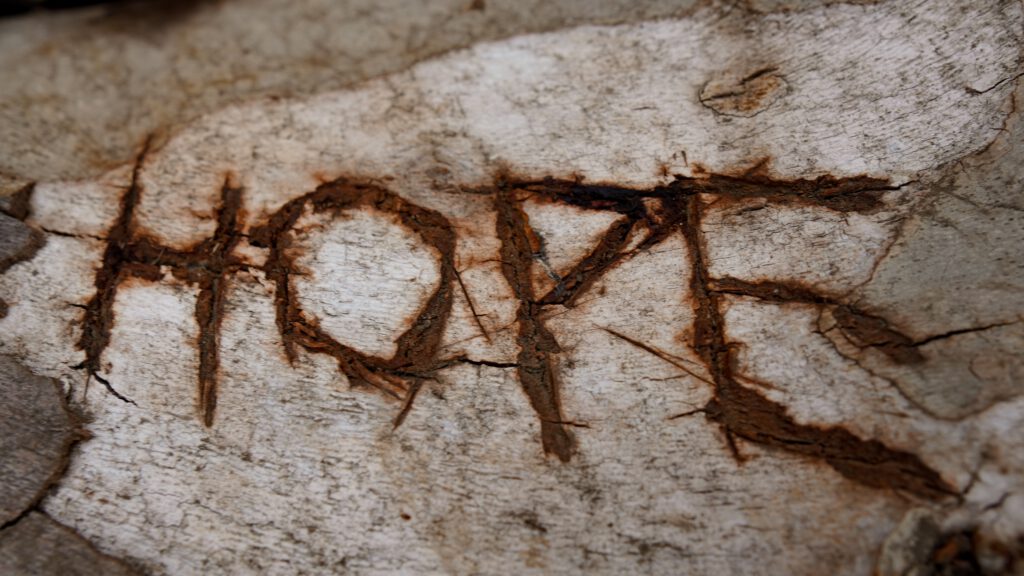Tag: Gratitude
Instant Happiness
What is one small thing you could do today that would make you happy?
Without an Open Mind…


—
Tomorrow I’ll be live on the Goucha TV show in Portugal. Manuel Luís Goucha is one of Portugal’s most notorious presenters. He is a unique conversationalist who has his guests share life stories.
I’ll let you know how it goes. As for now, I’m a little nervous. But the preparation has also had me reflecting. Here’s a thought: Without an open mind, our heart cannot grow.
So I’m also feeling grateful to have been surrounded along the way by many people who have help me keep an open mind so that my heart could continue growing to face and embrace what life sent my way. To them, thank you!
Wish me luck.
What We Pay With Money…
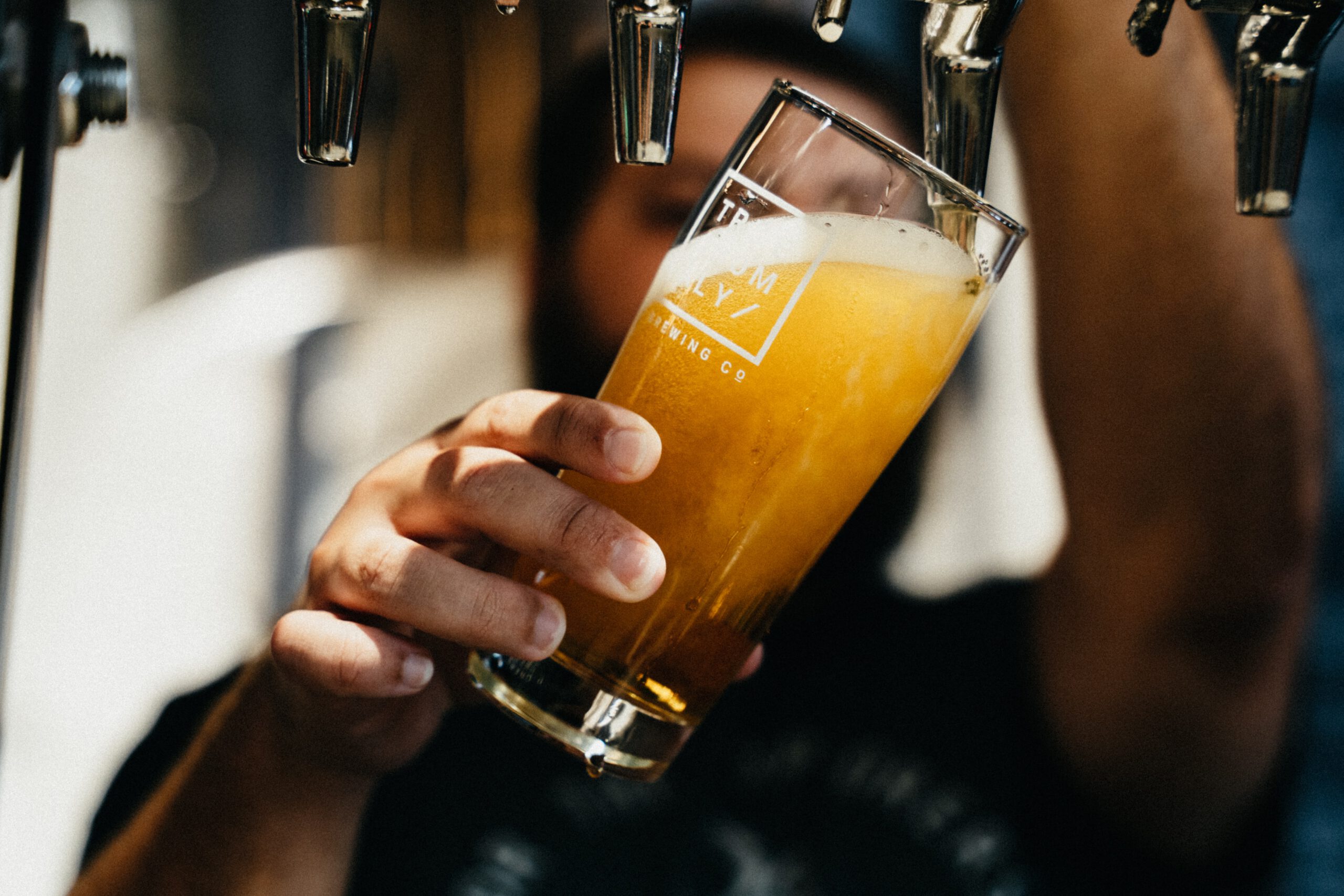
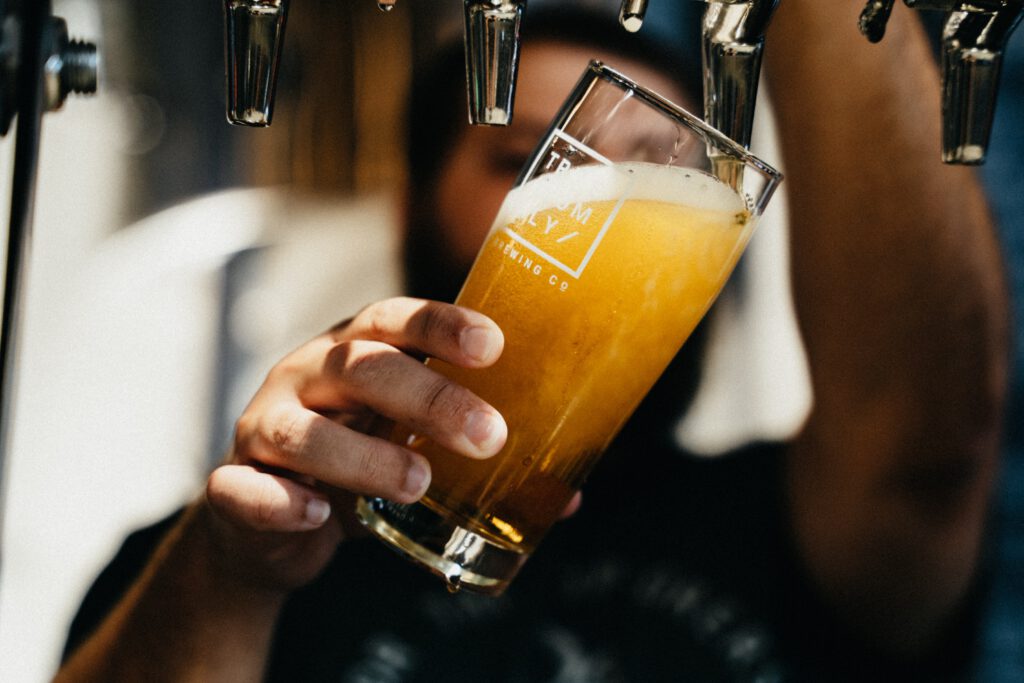
Photo by Josh Olalde on Unsplash
I enter Terminal 1 of Barcelona Airport and walk toward the departure screens. My flight is not on it. Shit. I check my ticket. Wrong terminal. I pull out my phone and call Juan, my buddy taxi driver. “Juan, I’m in the wrong terminal”. “Hold on. I’m coming”.
We speed into Terminal 2. I rush to security control. Laptop. Liquids. Backpack. Carry-on suitcase. I’m in. I still have time. Shortly later we’re in the air. I made it. I relax.
It’s cold and I reach up to get my sweater from my carry-on. My carry-on! Where’s is my carry-on? Oh shit. Where did I leave it? At security control. Fuck!!
I thought of what was in the suitcase: 2 pairs of new pants, 2 pairs of my comfy shoes, my favourite white shirt, my leather jacket, my Bose speaker… Just as I was about to freakout, Jonatan’s words popped into my mind.
Jonathan is a young barista I met a few years back at a hotel where I delivered a workshop. On the second day of the workshop, I notice Jonatan was not wearing his glasses. Curious, I ask if he had forgotten them at home. He explains he lost them. “That sucks”, I say. As he finishes pouring my tap beer and hands it to me he says:
—
What we pay with money is inexpensive.
—
In the airplane, I ended up thinking:
—
What if instead I had lost my desire to live or the love of my friends?
—
Then came immense gratitude. I ordered a drink and smiled.
Thank you, Jonatan, for the wisdom!
Despair, Indifference or Hope?
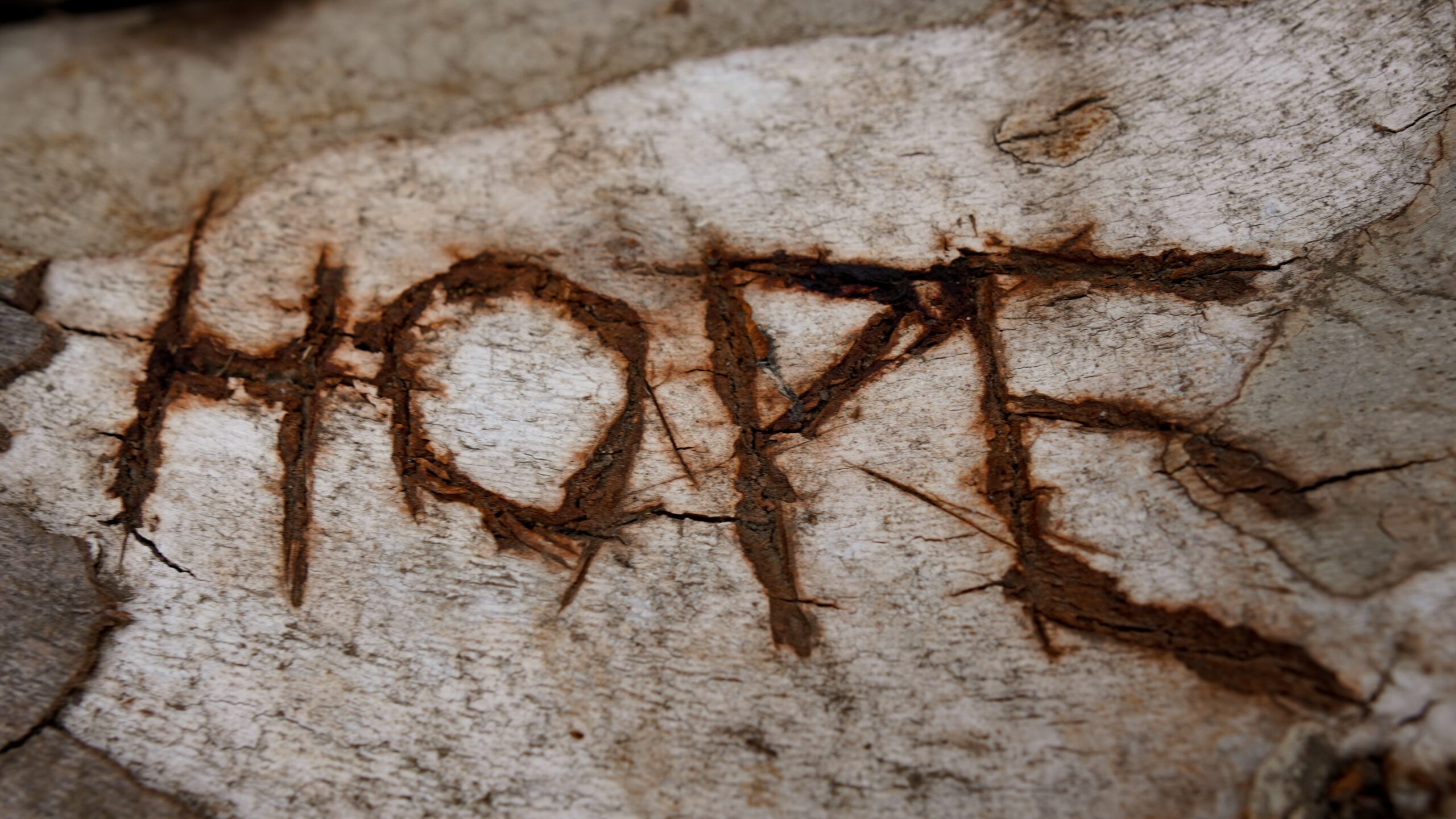
Wisdom for Teams #34


—
Turn your wounds into wisdom.
—
OPRAH WINFREY (1954), American talk show host, television producer, actress, author, and philanthropist.
My Mom
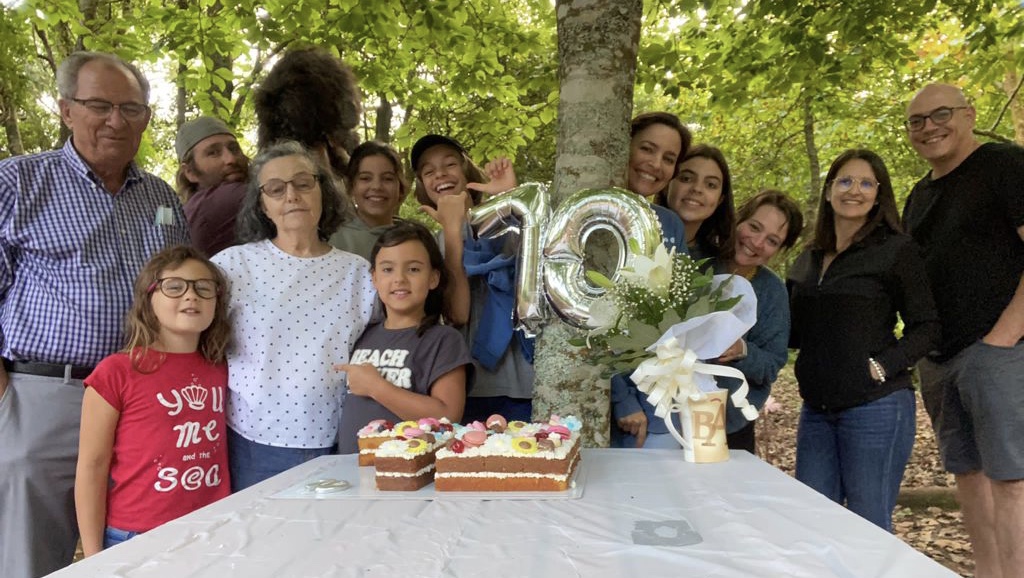

On September 18, my mom, Jorgina, turned seventy. It was a wonderful celebration, even though the other half of the family that doesn’t live in the Azores participated only for a few moments via a video call.
Seventy years made me think about the inevitable, the inescapable, the undeniable. Death. Make no mistake. My mom is a badass. She’s easily got another thirty years in her, and she will definitely not go gentle into that good night. But still, it will happen, and it doesn’t feel nice.
This past Saturday, after my coaching sessions at IESE Business School, my colleagues and friends, Conor Neill and Tony Anagor, and I stood in the parking lot and chatted under the beautiful Barcelona sun.
We talked about how we sometimes struggle to slow down, to stop, to do nothing. Tony said he recently listened to a podcast that suggested we read a poem to help us become more mindful and slowdown. This is the poem:
—
Be here. Not there.
—
That’s the poem. Be here. Not there.
Back to my mom. So grateful for this poem! If I’m there, at the future moment of her death, I’m bound to worry and suffer. If I’m here, at the present moment of her seventy years, I’m bound to celebrate and feel happy.
My mom will die. I will die. I don’t know what it will be like. But it seems pointless to stop living the present to worry about a future I can’t change. So for now, I choose to stay here, happily celebrating her seventy years.
Love you, mom.
Why Does Anger Make Us Angry? Is Sam Harris Wrong?
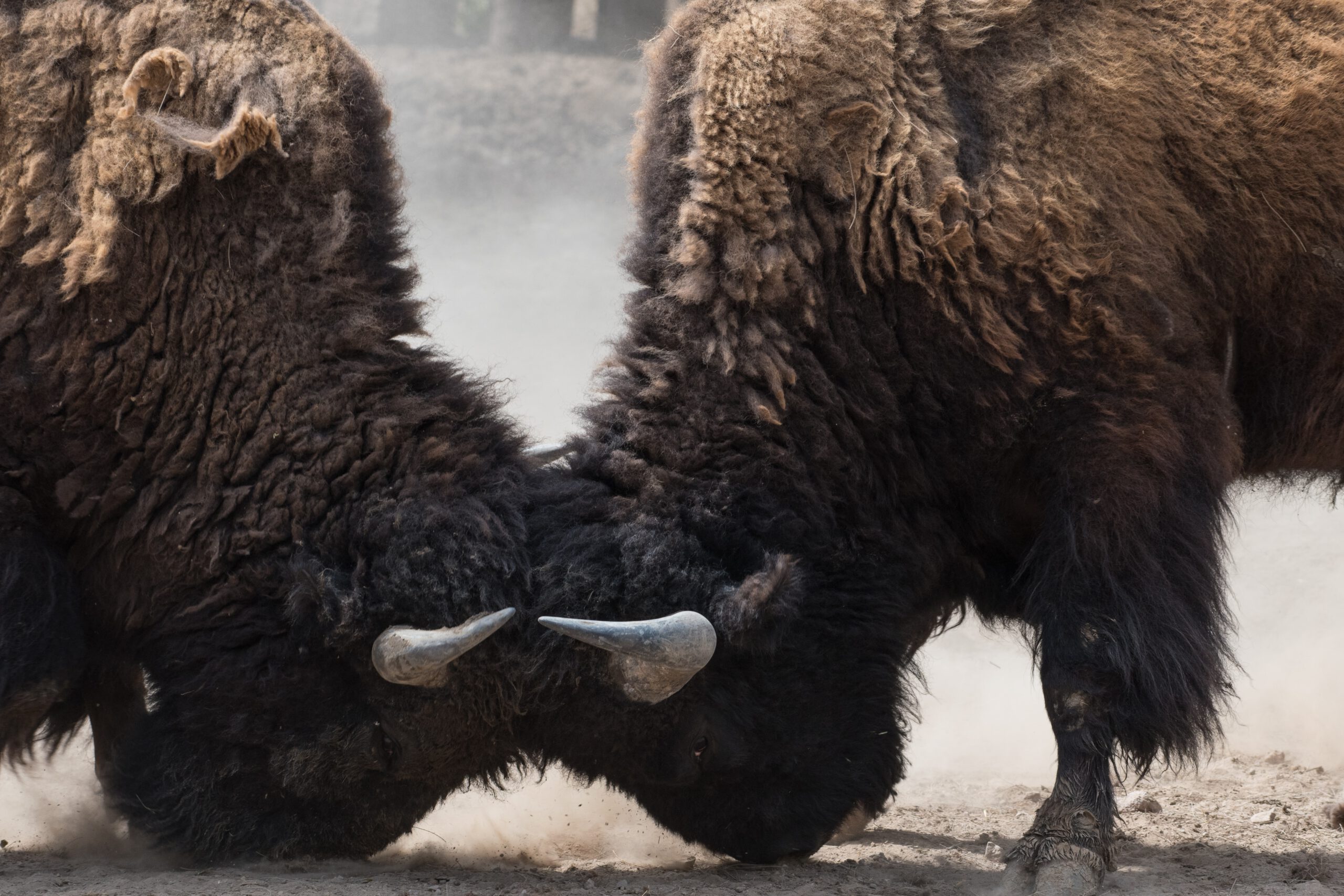

Photo by Uriel Soberanes on Unsplash
When anger gets the best of us, we can easily get angry at ourselves and others. What is happening here? In essence, we’re judging our emotions. We consider some good and some bad; some positive and some negative, some acceptable and some not.
In a decade of training teams in organisations, I’m yet to meet someone who does not consider anger to be negative. Even renowned experts in the field, like philosopher and neuroscientist, Sam Harris, consider anger a negative emotion.
—
We get angry at anger because we think it’s negative. Is it?
—
I’ve been following Sam closely for the past three years through Waking Up and some of his publications. He’s got an amazing mind. I am thankful for his dedication to helping us live better lives. On the issue of anger being a negative emotion, I think there is a distinction to be made.
Some emotions may be unpleasant, but does that make them negative? What would happen if we did not feel disgust at the smell of milk gone bad? What would happened if we did not feel fear when startled by a spider? These emotions, though unpleasant, avoid a great deal of pain and sometimes even death.
—
Not all unpleasant emotions are negative.
—
When emotions have a purpose we are better off labelling them as pleasant or unpleasant rather than positive or negative. Does anger have a purpose? Anger prepares us to fight off threats. It gives us energy and determination to face the threat so as to ensure our wellbeing.
It is true that our brain has not evolved at the speed of our civilisation. This means that we can sometimes feel anger in situations where our life is not being threatened. The question then becomes: How do we deal with anger in order to reach a desirable outcome?
—
What is sometimes negative is the way we deal with anger.
—
When we react to our anger, instead of responding to it, chances are the outcome will be undesirable. Responding means recognising the presence of the emotion, identifying what might be triggering it and addressing the issue so as to reach the most desirable outcome.
Let me be clear: I OFTEN fail to respond in a desirable way. Other times, I do manage anger in the direction of desirable outcomes. Either way, I cannot see how thinking of anger as a negative emotion in-and-of itself will help. On the contrary.
—
Thinking anger is negative is the first step to turning an unpleasant emotion into an undesirable outcome.
—
One the tenets of meditation traditions, from Zen to Stoicism, is equanimity, the ability to keep cool, especially in difficult situations. These traditions suggest we are closer to equanimity when we accept things for what they are without judging them.
When we accept anger for the unpleasant emotion it is and appreciate the important albeit limited role it plays, we might be closer to the desirable outcomes we aspire to.
Wisdom for Teams #17
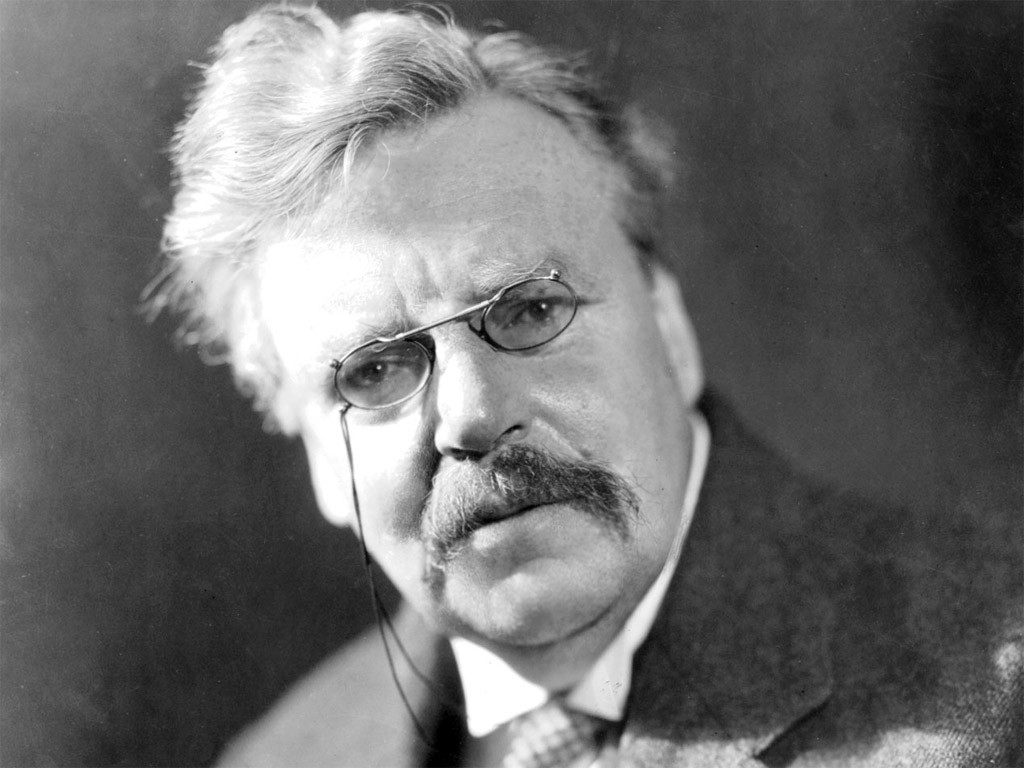

—
“When it comes to life the critical thing is whether you take things for granted or take them with gratitude.”
—
G. K. CHESTERTON (1874 – 1936), English writer, philosopher, theologian, and literary and art critic.
My Wish For You
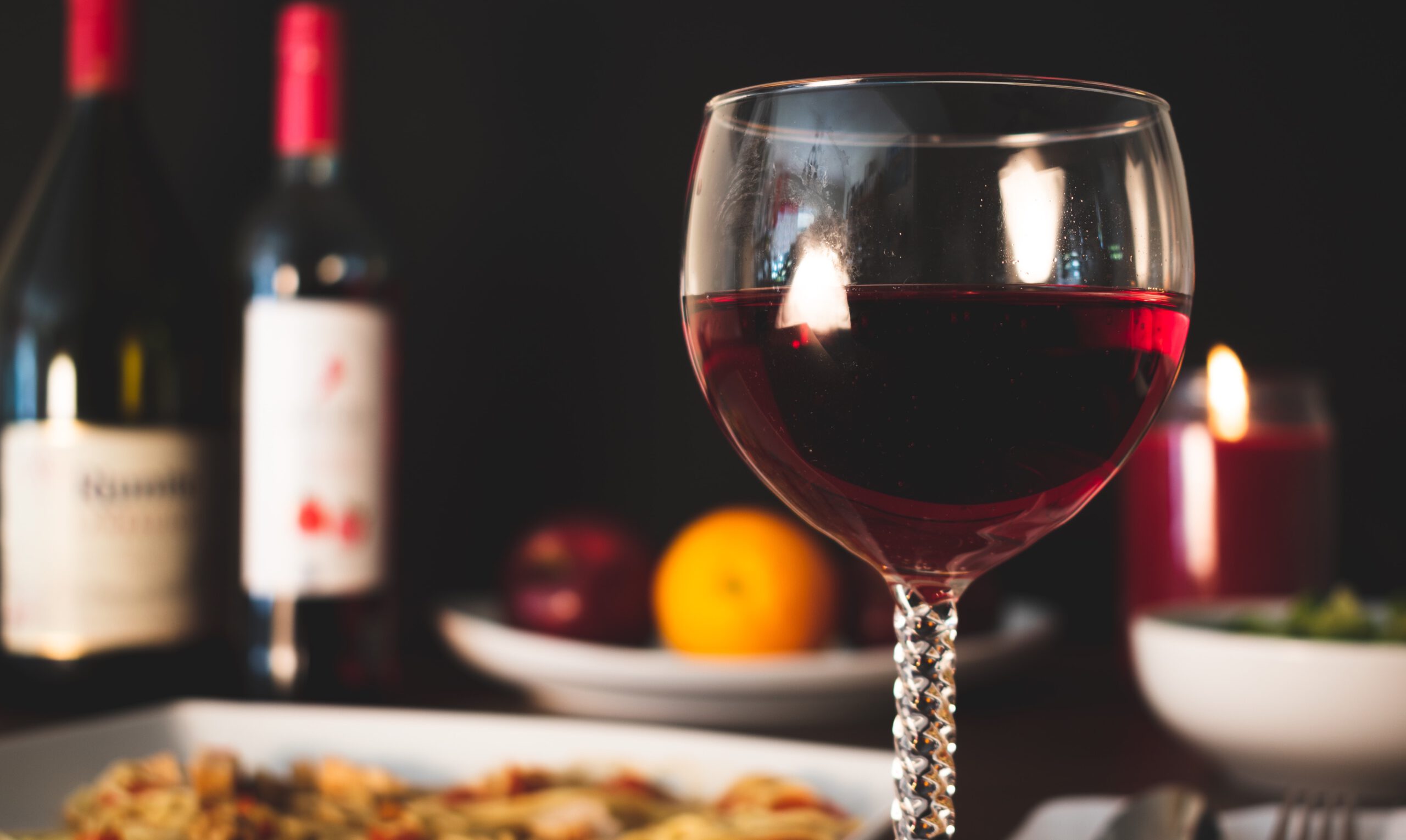
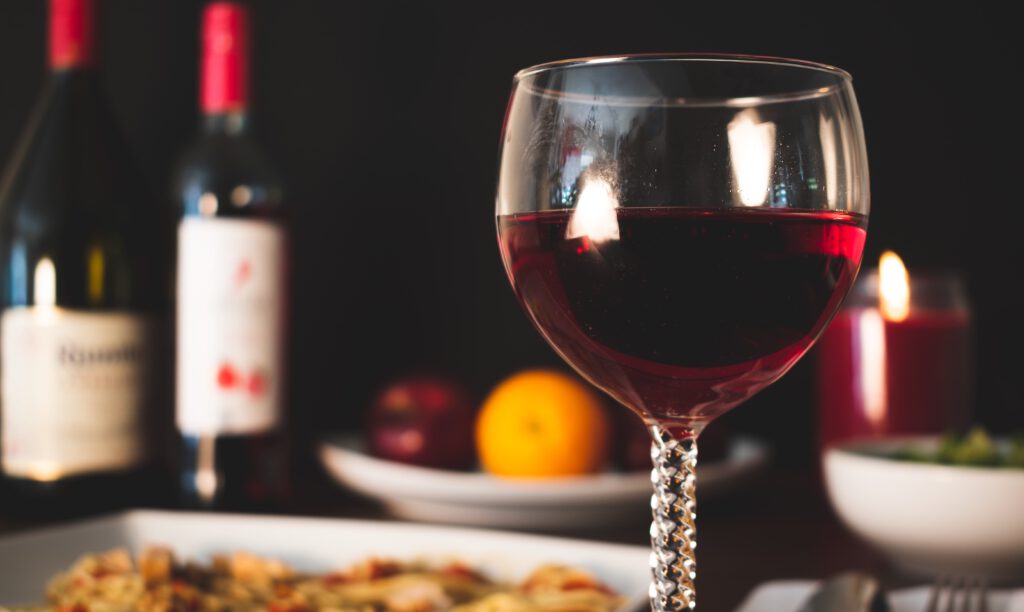
—
Yesterday on a news panel on how to celebrate Christmas, one of the commentators asked: Celebrate what? He then proceeded to argue there is nothing to celebrate this year. It’s been a shitty year, and Christmas is miles away from what it would typically be, but…
—
Do you really have nothing to be thankful for?
Is there nothing in your life worth raising a glass?
—
My past few Christmases haven be awful. Last year was cool because we were in Mexico with family. But the previous year, six days before Christmas I broke my collarbone, and the one before that I had a terrible, terrible argument on Christmas Eve.
I had little or no say in these events. But this year, I have a choice because we have all known for months that things would be different. I get to choose what to focus on:
—
Will I count my blessings or my problems?
—
This is not about my subjective opinion in seeing the glass half full in my life. Instead it is about objectively noticing that I have a glass to begin with. Christmas this year will be spent with my daughter, Irene, and with luck, a few true friends. This is blessing enough for me — other than the fact that there will be plenty of red wine and, hopefully, sense of humor.
My wish for you is that you may be inspired to notice some of the blessings in your life, so as to savor Christmas Day with a profound sense of meaning. Merry Christmas!
An Exercise to Prepare for Confinement
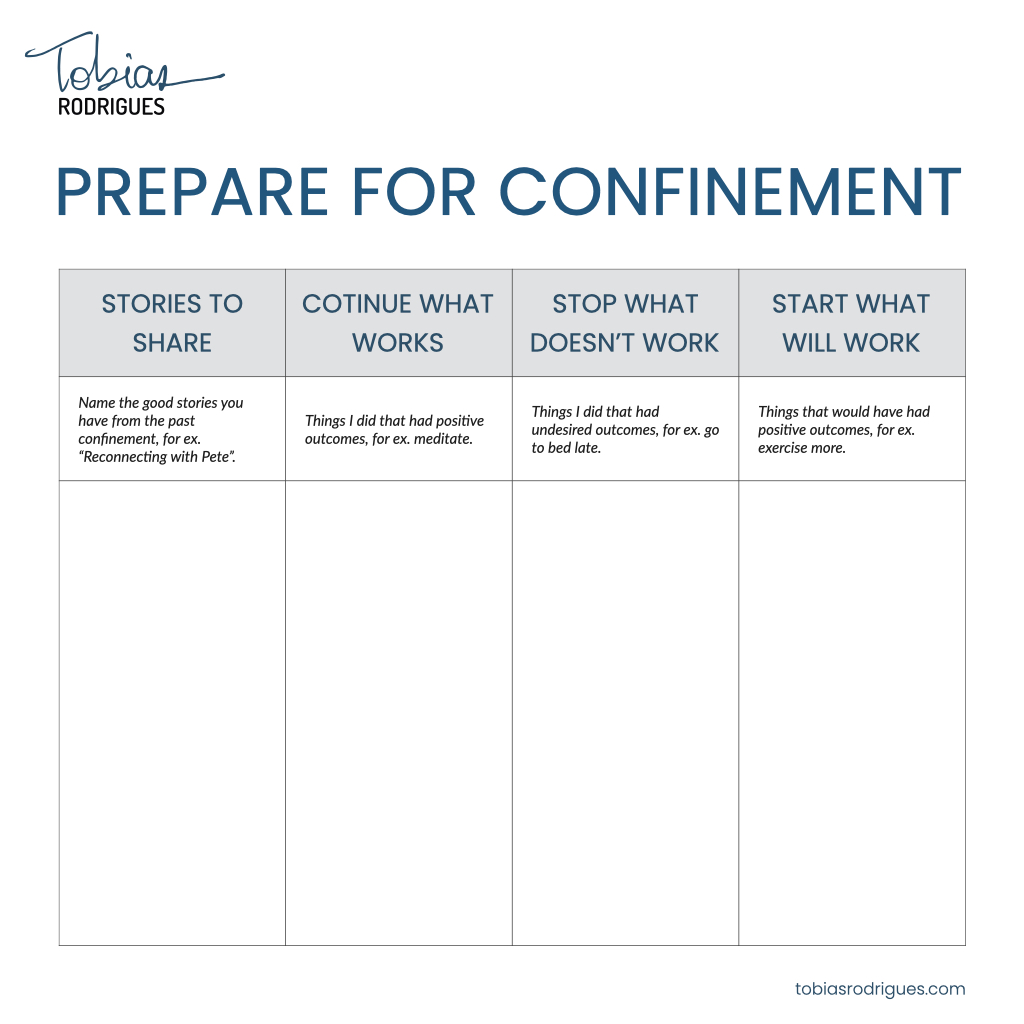
Winter is coming (for some of us) and with it the likelihood of another confinement (in one form or another). It would be dumb not to prepare. This is what I’m doing.
Three Steps
Step 1: Take some time alone to fill in the template below. Ask family and friends to do the same, especially those who will be spending more time with you.
Step 2: Come together in a celebrative spirit to share your findings.
Step 3: Decide what you will commit to. Focus on what requires low effort but has a high impact for you and those around you.
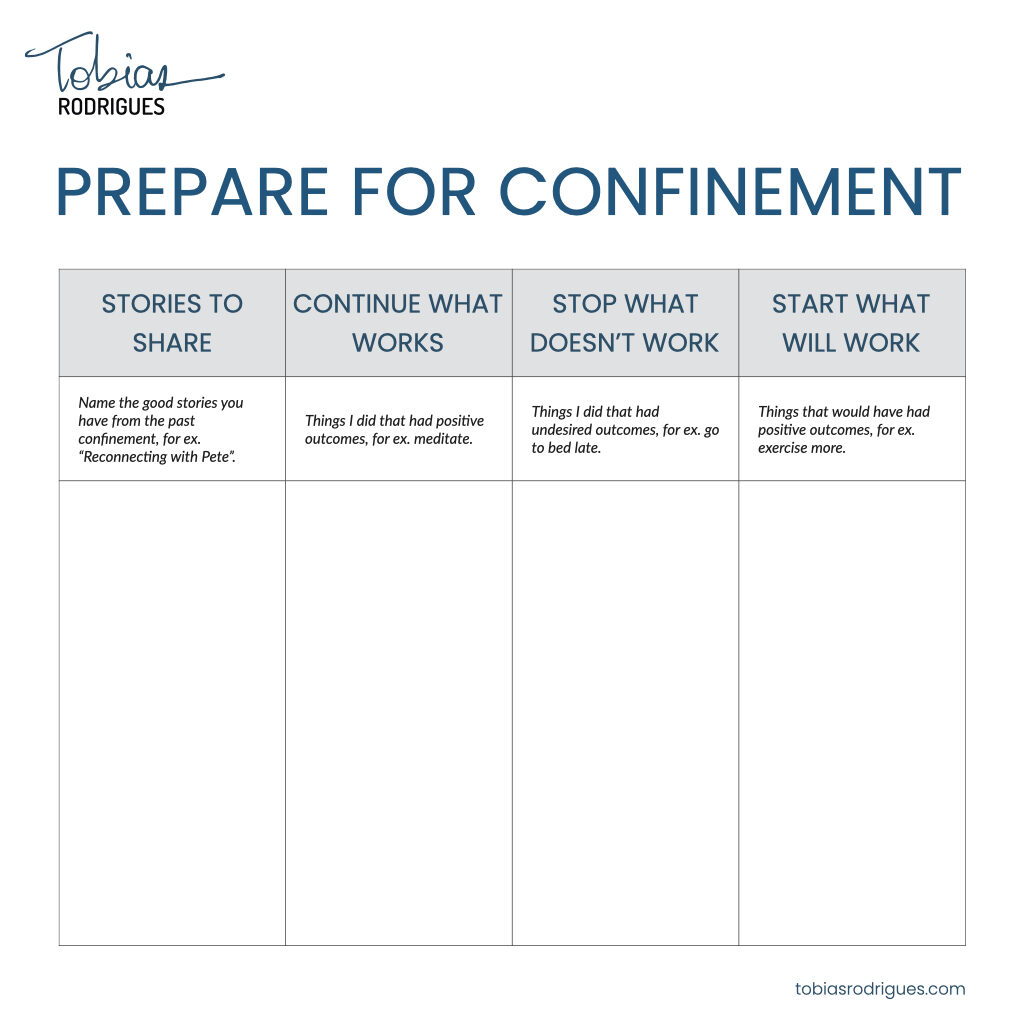
—
Would love to know what works best for you. Please share your results.


